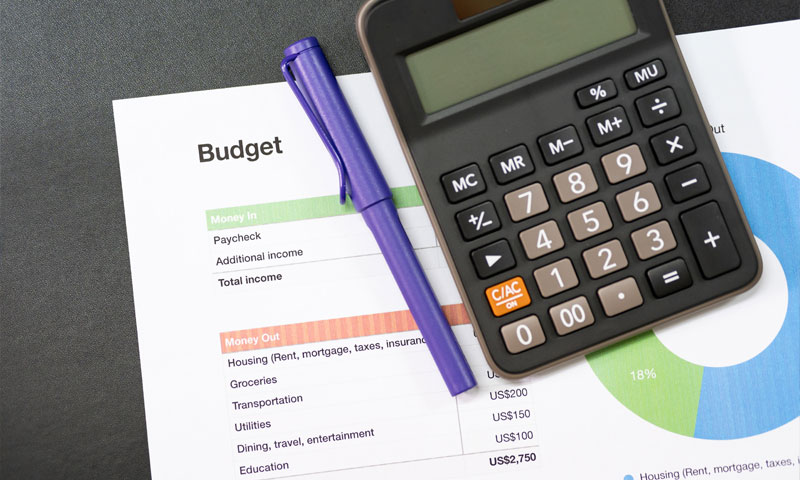How Global Events Impact Your Investments: Understanding Tariffs, Wars & the Economy
When headlines are filled with news of war, political tension, or tariffs and economic sanctions, it’s natural to feel uneasy about your finances. Questions start to arise: Should I adjust my investments? Is the market going to crash? Is now the time to move to cash? These are valid concerns, but reacting emotionally to global events can often do more harm than good.
At PrairieView Wealth and Tax Advisors, we believe that understanding the relationship between world events and market behavior is the first step to making informed, confident financial decisions.
Let’s break down the key factors.
1. Tariffs and Trade Tensions: What Do They Really Mean for Investors?
Tariffs—taxes placed on imported goods—are often used as tools in international disputes or economic strategies. While they may seem distant from your everyday life, they can directly affect your portfolio.
Tariffs can:
- Increase costs for companies, especially those reliant on global supply chains
- Drive up consumer prices, leading to inflation
- Stir market volatility, as investors try to predict the economic fallout
Certain sectors, like manufacturing or technology, are especially vulnerable to these fluctuations. But it’s important to note that short-term market reactions to tariffs are often temporary. Over time, markets tend to stabilize as businesses and consumers adjust.
2. The Impact of Tariffs & Geopolitical Conflict on Financial Markets
Wars and military conflicts introduce high levels of uncertainty into the global economy. Investors often flee to “safe-haven” assets like gold, Treasury bonds, or cash during these times, causing rapid market swings. But history shows us something interesting:
Markets are surprisingly resilient over the long run—even during periods of geopolitical tension.
For example:
- During the Gulf War in the early 1990s, markets dipped initially but recovered within months.
- The S&P 500 dropped after the start of the Iraq War in 2003—but was up significantly by year’s end.
While geopolitical conflict understandably causes concern, long-term investors who stay the course are typically rewarded.
3. Why Emotional Investing Can Be Risky
Reacting emotionally to global news is one of the biggest threats to long-term financial success. Panic selling after market drops often locks in losses—while missing out on the inevitable rebounds that follow.
Instead, it’s critical to:
- Stick to your long-term plan
- Ensure your portfolio is properly diversified
- Work with an advisor who understands your goals and risk tolerance
At PrairieView Wealth and Tax Advisors, we take a proactive approach to managing portfolios. In times of uncertainty, we may shift exposure, rebalance investments, or add real assets to reduce risk—but we always stay grounded in our clients’ long-term strategies.
Final Thoughts: Stay Educated, Stay Empowered
Markets will always experience ups and downs, especially in the face of global challenges. But with a thoughtful, diversified strategy and a calm, informed mindset, you can weather any storm.
If you’re interested in a deeper dive into this topic, we invite you to watch our recent webinar:
“Tariffs, Wars, and the New Economy: Your Questions Answered”—along with our free companion resource, The Bear Market Field Guide.





















